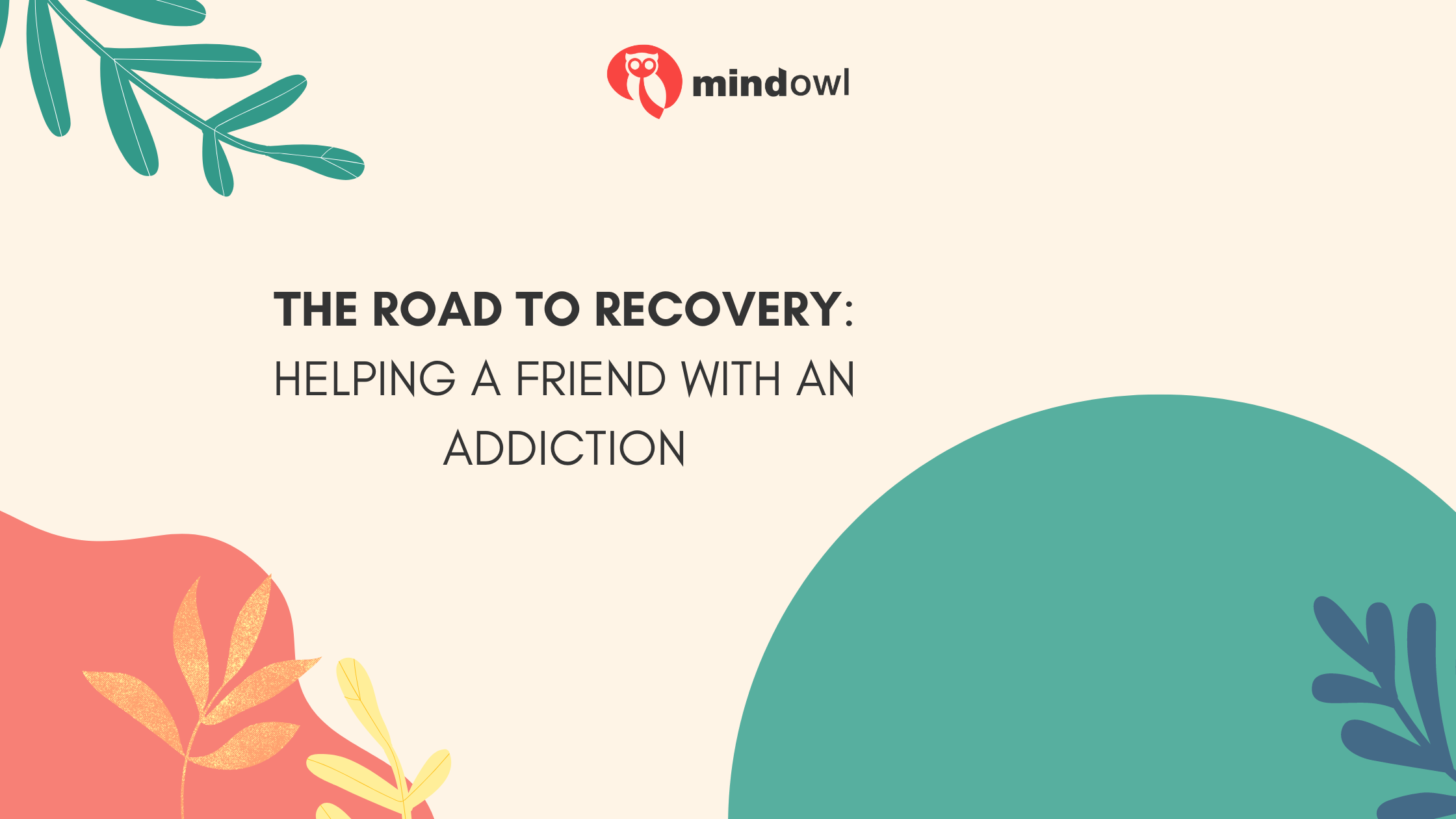
Photo by Tino Rischawy from Unsplash
Watching someone you care about struggle with addiction can be a heart-wrenching experience. You see the pain in their eyes, the slow unraveling of the person you once knew, and yet, feel helpless to pull them out of the darkness. It’s a journey fraught with emotional turmoil, where every step toward recovery feels both hopeful and uncertain.
Yet, within this difficult path lies an opportunity to make a profound difference. Your support, understanding, and patience can be the lifeline that guides them back to health. Recovery isn’t easy, but neither is standing by a friend—until you realize the power you hold to help them heal.
Understanding Addiction
Addiction is a complex condition that goes beyond mere willpower. It rewires the brain, altering how someone experiences pleasure, manages stress, and makes decisions. The chemicals involved in addiction, such as dopamine, create intense cravings that can override even the strongest intentions to quit. This isn’t just a bad habit. It’s a chronic disease that demands understanding and compassion.
The road to recovery is anything but straightforward. It’s often a non-linear path marked by progress and setbacks, victories, and relapses. Each step forward might be accompanied by two steps back, but this doesn’t mean failure—it’s simply part of the process. Recognizing that recovery is a journey, not a destination, helps in supporting your friend with patience and resilience.
Understanding addiction in this light changes how you approach helping a friend. It’s not about pushing them to quit but about offering unwavering support as they navigate the ups and downs of their recovery. This support might involve encouraging them to consider different options, such as an outpatient rehab treatment program, where they can receive professional care while maintaining their daily life.
Your role is to be a steady presence, offering encouragement and understanding, even when the path becomes challenging. By acknowledging the complexity of addiction, you can provide the kind of support that truly makes a difference in their journey to recovery.
Recognizing the Signs of Addiction
Subtle yet significant changes in your friend’s behavior may indicate a struggle with addiction. You might observe shifts that disrupt their daily routine or impact their relationships. Addiction often takes hold gradually, making it essential to pay attention to these signs early on.
- Social Withdrawal: Pulling away from friends and family, avoiding social gatherings, or spending excessive time alone.
- Mood Swings: Experiencing sudden changes in mood, such as irritability, anxiety, or unexplained anger.
- Neglect of Responsibilities: Failing to meet obligations at work, school, or home, often leading to noticeable declines in performance.
- Physical Changes: Noticeable weight loss or gain, poor hygiene, or unusual sleep patterns.
- Risky Behavior: Engaging in activities that are out of character, such as reckless driving, stealing, or lying.
These signs might appear individually or in combination, but any persistent pattern should raise concern. Understanding these indicators allows you to approach your friend with empathy, ensuring they know you’re there to support them through this difficult time.
Approaching the Conversation
Bringing up the subject of addiction with your friend is undoubtedly challenging. The key is to approach them with empathy, avoiding any trace of judgment. Instead of diving straight into accusations or assumptions, start by expressing your concern for their well-being. This lets them know that your intentions are rooted in care, not criticism.
Creating a safe space for dialogue is essential. Choose a quiet, private setting where your friend feels comfortable and isn’t distracted or pressured. Use “I” statements to avoid sounding confrontational, such as “I’ve noticed you’ve been struggling lately, and I’m worried about you.” This approach opens the door to an honest conversation without making them feel defensive.
Timing is also crucial. Try to choose a moment when your friend is relatively calm and sober, as they’re more likely to be receptive to the conversation. It’s equally important to listen actively. Let your friend share their feelings and thoughts without interrupting or rushing to offer solutions. This demonstrates that you respect their experience and are genuinely interested in understanding their perspective.
Offering Support
Photo by Mental Health America from Pexels
Once the conversation has begun, your role transitions from initiating dialogue to offering consistent, compassionate support. Being there for your friend means more than just listening. It involves taking actionable steps to help them navigate the challenges. This might mean accompanying them to appointments, assisting with daily tasks, or simply being available when they need someone to talk to.
Encouraging your friend to seek professional help is one of the most impactful ways you can support them. Offer to help them research options for professional interventions, make appointments, or even attend initial sessions with them if they feel anxious about going alone.
Practical support can also play a critical role in your friend’s recovery. Help them establish routines that promote healthy living, such as regular exercise, balanced meals, and adequate sleep. Assist with managing responsibilities that might feel overwhelming, like running errands or organizing their living space, which can reduce stress and prevent relapse.
Maintaining Boundaries
The desire to help can sometimes lead to becoming overly involved, which might result in burnout or emotional strain. Establishing and maintaining clear boundaries ensures that you can continue to support your friend effectively without compromising your own well-being.
Start by recognizing your limits. Understand that you cannot fix their addiction; you can only provide support and encouragement. It’s essential to protect your own mental health by not taking on more than you can handle. Setting boundaries might mean limiting the amount of time you spend discussing their addiction or making sure you have time for your own self-care activities.
It’s also important to communicate these boundaries clearly and kindly to your friend. Let them know that while you’re there for them, you also need to take care of your own needs. This can be challenging, especially if your friend becomes overly dependent on your support. However, reinforcing these boundaries helps both of you in the long run. It allows your friend to take responsibility for their own recovery, while also preserving the strength and energy you need to continue being a supportive presence.
Finally, don’t hesitate to seek support for yourself. Whether it’s through therapy, support groups, or talking with other friends, taking care of your mental health is just as important as helping your friend.
Wrapping Up
Supporting a friend through addiction is a challenging yet profoundly impactful journey. By offering understanding, patience, and encouragement, you can be a vital part of their recovery. Remember to balance this support with self-care and boundaries, ensuring that both you and your friend navigate this path with strength and resilience. Your compassion can truly make a difference.
MindOwl Founder – My own struggles in life have led me to this path of understanding the human condition. I graduated with a bachelor’s degree in philosophy before completing a master’s degree in psychology at Regent’s University London. I then completed a postgraduate diploma in philosophical counselling before being trained in ACT (Acceptance and commitment therapy).
I’ve spent the last eight years studying the encounter of meditative practices with modern psychology.

